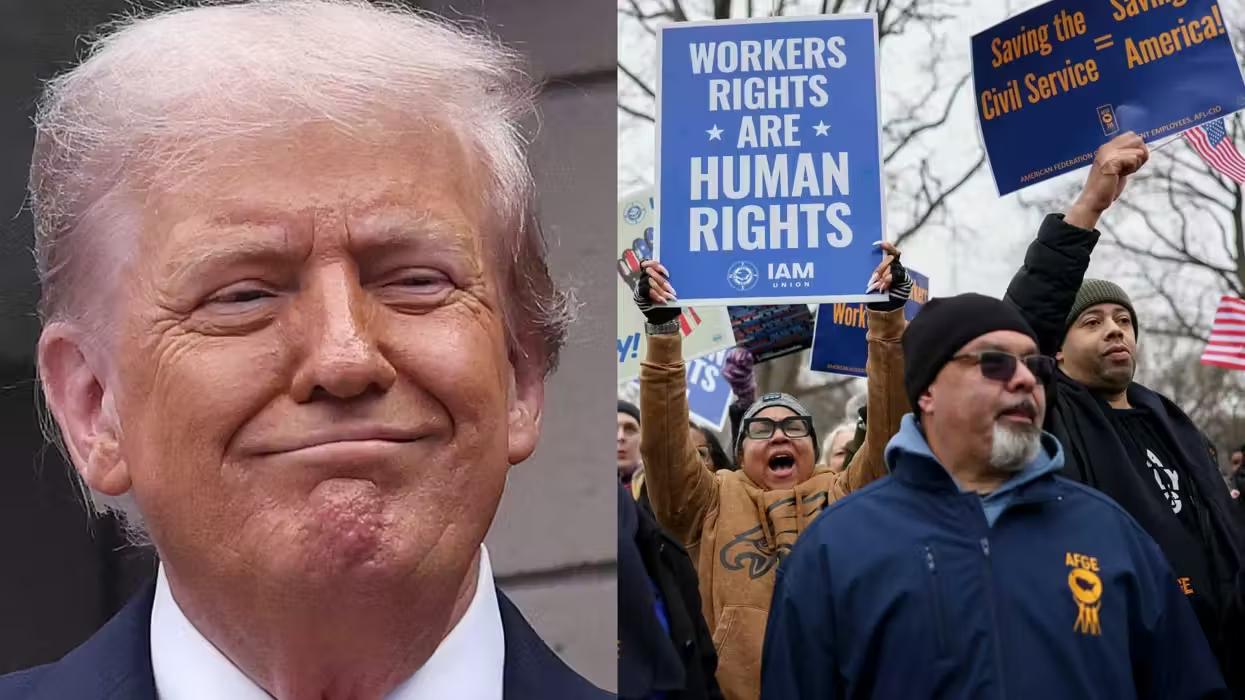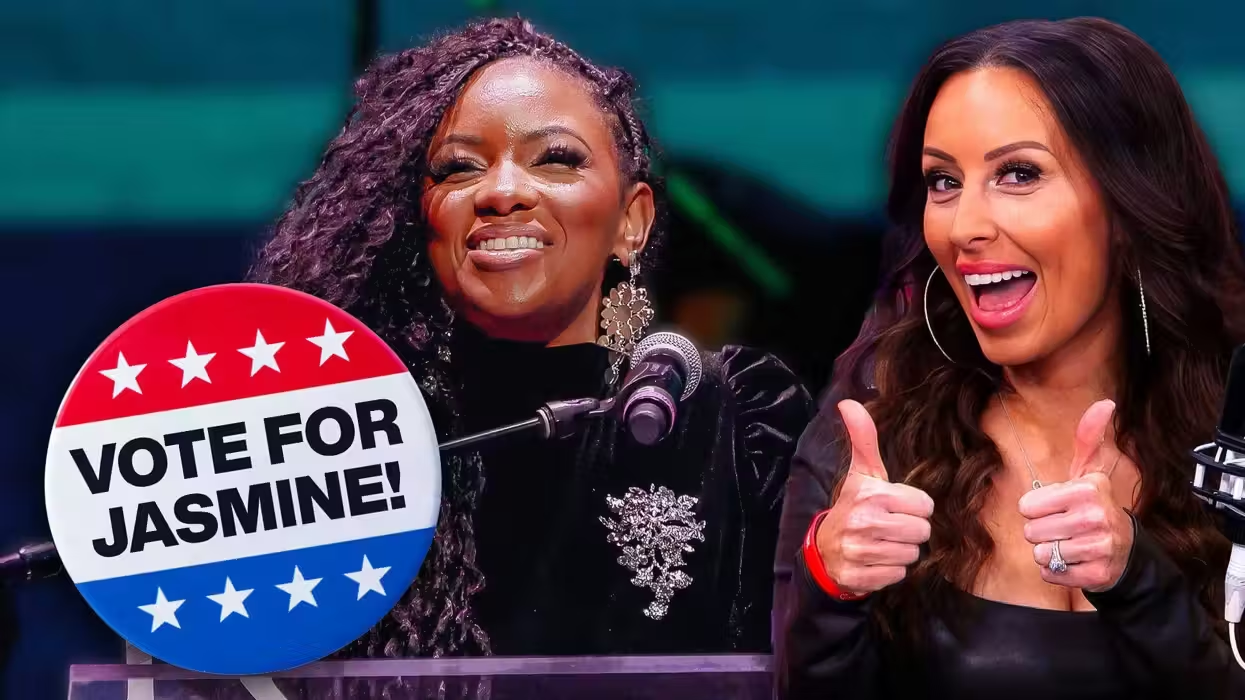
© 2025 Blaze Media LLC. All rights reserved.
The West Virginia Supreme Court struck a victory for the rule of law Wednesday when a majority ruling in a hate crime case stopped short of engaging in judicial activism.
According to the Huntingon Herald-Dispatch:
The West Virginia Supreme Court of Appeals with a 3-2 vote affirmed a circuit court ruling that dismissed felony civil rights violations against a man accused of saying an anti-gay slur before striking two men moments after he saw them kiss.
Justices Allen Loughry, Menis Ketcum and Elizabeth Walker agreed with Cabell Circuit Judge Paul T. Farrell in determining sex and sexual orientation to be two separate terms, leaving hate crime protections for those in the LBGTQ community non-existent in the state.
In their dissenting opinion, justices Margaret Workman and Robin Davis said the majority’s ruling was the “most effortless answer” in implying the decision was premature.
Unsurprisingly, the originalist approach to the state’s statute on hate crimes has come under fire from those who argue that the court should have sided with progressivist orthodoxy and “interpreted” the law’s meaning to include sexual proclivities as a protected class.
“It’s increasingly clear that we lose if judges focus on the words that aren’t in the statute,” Greg Nevins, a lawyer with the LGBT nonprofit Lambda Legal told Slate in response, “and win if they focus on the words that are in the statute.”
“The West Virginia Supreme Court narrowly went for the old-school former approach,” he concluded, “which was in vogue in the federal appellate courts a dozen years ago. But notably those courts are now realizing the error of their ways and moving towards getting it right.”
The details of the assault case in question are indeed brutal, but the case has to be prosecuted under laws that actually exist. The courts can only be considered to be “getting it right” in their judgments if one views their job as rewriting the law in what Justice Scalia called “social transformation without representation.”
Hate crime laws are already a murky area to begin with. As South Park presciently pointed out years ago, such laws implicitly reaffirm divisions in a society that seeks to view all of its members as equal citizens.
Furthermore, these laws put the content of one’s beliefs on the stand, effectively codifying which views in a society are worthy of greater punishment in a court of law. Going beyond the realm of determining culpability for an action, and how heinous a crime is, the laws give the state the effective power to punish beliefs themselves, which is not a legal hammer a free society should use, as noble as the motives behind it may be.
West Virginia’s hate crime statute as written is currently is the law of the land there, and it was clearly not passed with the intent that the minority and its sympathizers would wish to impose upon it. Actions are not identities, and immutable characteristics like race and sex are not akin to one’s inherently fluid and unapparent sexual desires. West Virginia’s laws currently reflect this.
What happened to those two men should not have happened, and their assailant should face a stiff penalty for what he did, as such behavior should never be tolerated in a free society. But ours is a government of laws, and the court majority in this case applied what the law is, rather than what they want it to be – a stark contrast to their couterparts in the Seventh Circuit, who recently rewrote federal civil rights law to include protections that weren’t written into it — exactly as Nevins wishes.
Changing legislation is difficult. It forces people to engage in civil discourse, to put on their walking shoes, to knock on doors, and talk to people with whom they disagree. They then must meet their fellow citizens where they are and change hearts and minds, rather than write their beliefs and concerns off and run to black-robed sympathizers for what they want.
And there are legitimate reasons to disagree with legally redefining biological sex to mean desire. It may be easier to write off these concerns as outdated, bigoted, and misinformed without a second thought and hope that judicial activists give you the transformation sans representation that you need, but that’s not how a republic is supposed to work.
The law is the law and there’s a right and a wrong way to change it. The court got it right here. If only more would follow suit.
Want to leave a tip?
We answer to you. Help keep our content free of advertisers and big tech censorship by leaving a tip today.
Want to join the conversation?
Already a subscriber?
more stories
Sign up for the Blaze newsletter
By signing up, you agree to our Privacy Policy and Terms of Use, and agree to receive content that may sometimes include advertisements. You may opt out at any time.
Related Content
© 2025 Blaze Media LLC. All rights reserved.
Get the stories that matter most delivered directly to your inbox.
By signing up, you agree to our Privacy Policy and Terms of Use, and agree to receive content that may sometimes include advertisements. You may opt out at any time.






